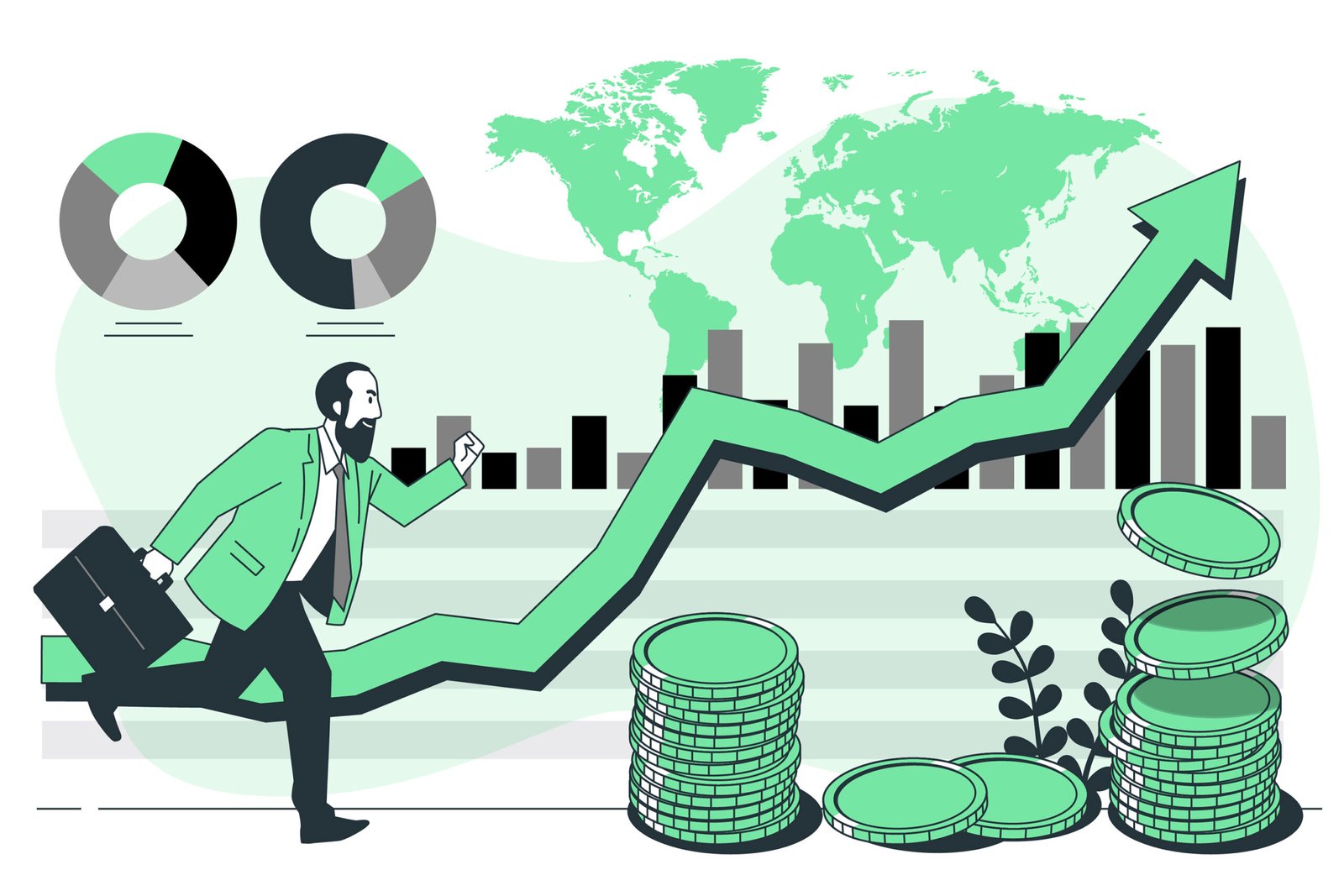Economic profit is a critical financial metric that transcends traditional measures to offer a comprehensive view of a business’s financial performance. It captures both explicit costs and implicit costs, including opportunity costs, to present a true picture of profitability. Let’s explore the significance of economic profit in enhancing business strategies and decision-making processes.
What is Economic Profit?
Economic profit is defined as the residual financial amount after subtracting both explicit and implicit costs from total revenue. Whereas explicit costs cover direct outlays like wages and materials, implicit costs include opportunity costs, such as foregone salaries or returns on alternative investments. This broader evaluation of costs provides a deeper insight into resource allocation and business sustainability. Learn more about implicit costs on Wikipedia.

Why is Economic Profit Important?
Economic profit serves as a vital indicator of a business’s long-term success. By revealing the actual economic value generated, it guides more strategic and informed financial decision-making. Understanding economic profit enables businesses to uncover potential areas for improvement, ensuring resources are used efficiently across various segments. Explore Economic Profit and its significance by Fathom.
Economic Profit vs. Accounting Profit
While accounting profit, found on financial statements, covers explicit costs, economic profit includes implicit costs for a fuller perspective on profitability. Accounting profit is useful for tax and basic analysis, but economic profit signals whether a business adds genuine value, guiding better investment and strategic choices. Discover more about Economic Profit vs. Accounting Profit on Investopedia.

Calculating Economic Profit
To calculate economic profit, subtract total explicit costs and implicit costs from the total revenue. This approach helps businesses determine the genuine economic value created over covering standard expenses. See a detailed economic profit formula and example from Study.com.
Advantages of Economic Profit
Using economic profit encourages efficient resource utilization and highlights business segments that drive profitability. By aligning business objectives with long-term value creation, it fosters strategic planning and attracts stakeholders like investors and partners, enhancing business growth. Review more on the advantages of economic profit with The Motley Fool.
Disadvantages of Economic Profit
Despite its benefits, calculating economic profit can be complex due to its reliance on estimating subjective opportunity costs, which vary between businesses. This complexity makes it challenging to compare across industries. Smaller businesses might find it impractical compared to straightforward accounting profit. Explore a detailed comparison provided by Investopedia.
Frequently Asked Questions
What is the meaning of economic profit?
Economic profit is the difference between total revenue and the total opportunity costs of using resources in production, providing a fuller view of your business’s value creation.
How to find out economic profit?
To determine economic profit, subtract explicit and implicit costs from total revenue. This calculation unveils the real profitability after accounting for all costs.
What is profit vs economic profit?
Profit generally refers to accounting profit, which considers only explicit costs. Economic profit includes both explicit and implicit costs, offering a comprehensive profitability measure.



